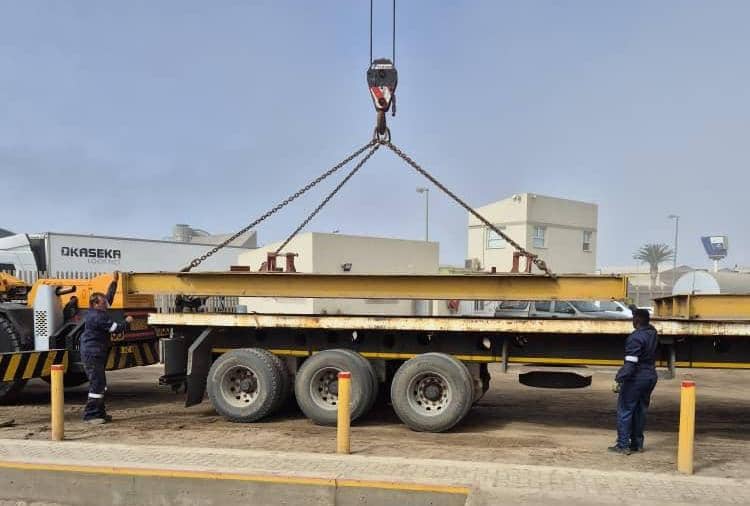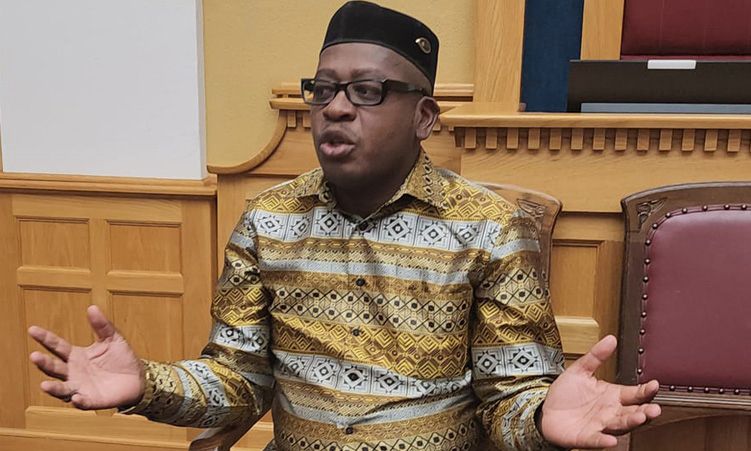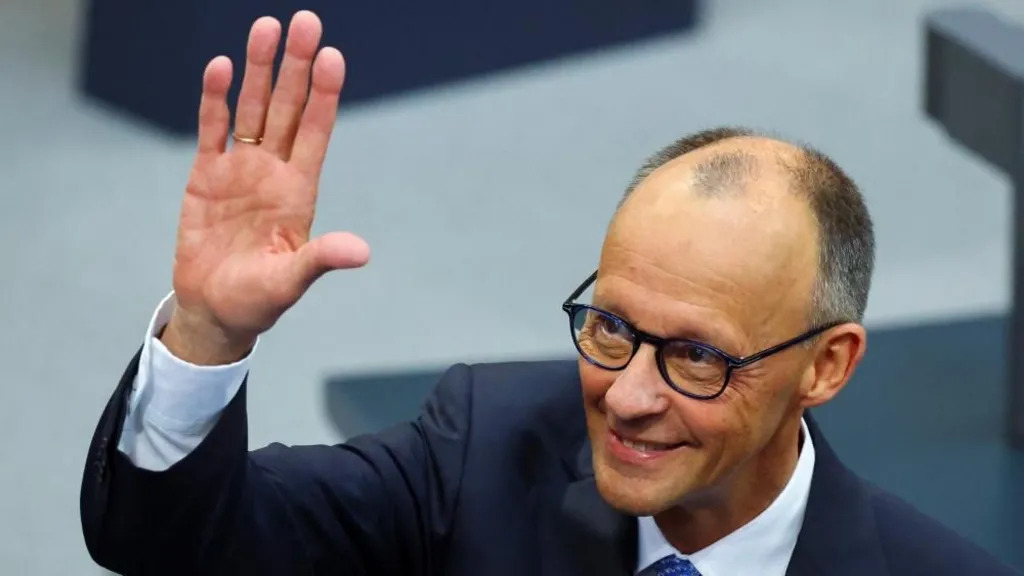JOHANNESBURG – Dividing South Africa’s mining and energy department into two entities could bring more robust government involvement in mining, but the ailing power sector may struggle because its new minister is viewed as inexperienced.
New South African President Jacob Zuma split the minerals and energy portfolio and named Susan Shabangu, a former deputy mines and energy minister, as mining minister in the world’s top source of platinum and number three gold producer.
Zuma’s appointment of the relatively unknown and inexperienced Dipuo Peters to head the energy portfolio may slow the expansion of power generation, a key portfolio in a country gripped by a power crisis, analysts said.
The outspoken Shabangu replaces Buyelwa Sonjica, who was moved to water and environment.
‘I would love to see that tough talk translated into more effective policy at the ministry,’ said Matt Brenzel, a Cape Town-based portfolio manager for mining at Cadiz African Harvest Asset Management.
‘If she has a no-nonsense approach to her new role, she might pull it off.’ he said.
Among the issues facing Shabangu is the dire safety record in South Africa’s mines, some of the deepest in the world, and the potential loss of jobs due to the global economic downturn.
Shabangu will also have to come to grips with a pile of new mining licence applications, which companies say take too long to be processed. She may also be key in setting up a state mining firm, which South Africa’s ruling ANC has said it plans.
But her most immediate assignment will be overseeing the first major review of the Mining Charter, a five-year-old agreement meant to bring more black ownership in mining, reversing decades of exclusion under white apartheid rule.
South Africa’s Chamber of Mines, which groups the country’s main gold producers, said Shabangu was equipped for the job, having been involved in the portfolio before. The National Union of Mineworkers said it welcomed her appointment, saying the former unionist was ‘action-oriented’.
POLITICALLY MOTIVATED?
But Peters’ elevation to cabinet from her role as premier of Northern Cape province was seen as a disappointment, and some analysts said it was driven by political reasons.
‘Her qualification is in social work and now she will head the energy ministry. It appears this is South Africa’s tradition to appoint a minister who has no technical qualifications whatsoever,’ said Andrew Kenny, an independent energy analyst.
‘That must have to do with ANC politics, but it would be nice to have someone who knows something about this key sector. It looks like the ANC is undermining the importance of the sector within the economy,’ he said.
South Africa’s government, which offered a mea culpa for ignoring calls by experts to build new power generation capacity, has said the power crisis could last until 2013, but plans to host the 2010 Soccer World Cup would be unaffected.
One of Peters’ biggest tasks will be to build institutions and frameworks, within which the private industry will be willing to invest in electricity, said Cornelis van der Waal, an energy analyst at Frost & Sullivan.
Peters, along with new Public Enterprises Minister Barbara Hogan, will share overseeing a sector blamed for costing Africa’s biggest economy billions of dollars, and souring its investor-friendly image after state-owned utility Eskom suffered a near-collapse of the power grid last January, which forced mines to shut for days.
Eskom, which remains under the control of Public Enterprises, has been rationing electricity to mines since then.
Van der Waal said planning the country’s energy policy, and attracting private investment, will be under Peters.
‘The biggest criticism I have is the new minister’s lack of experience. There seems to be not that much known about her,’ said van der Waal.
‘It’s a good thing that Eskom will remain under public enterprises and that she (Peters) can focus on solving the problems with regards to lack of sufficient investment in energy in South Africa and fuel shortages,’ van der Waal said.
Eskom’s immediate challenge is to raise N$385 billion to fund a five-year power expansion plan.
‘If she (Peters) surrounds herself with the right people, she will be very well able to cope with the challenges at hand,’ van der Waal said.
-Nampa-Reuters
Stay informed with The Namibian – your source for credible journalism. Get in-depth reporting and opinions for
only N$85 a month. Invest in journalism, invest in democracy –
Subscribe Now!










